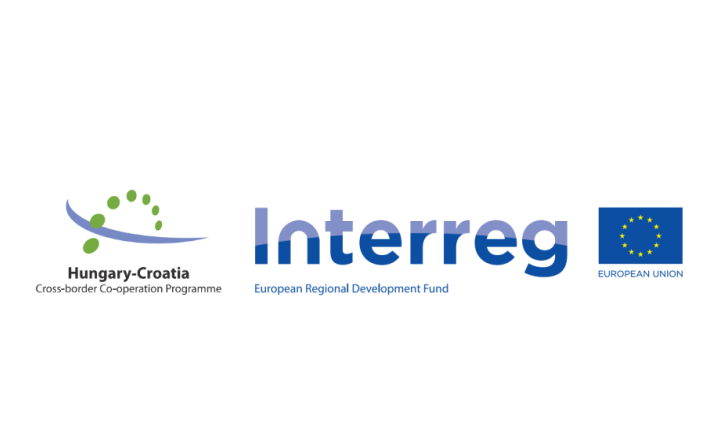Project ID
HUHR/1601/4.1.1/0001
Project title
ISD Uni - Integrated Settlement Development Centres in the HU-HR border zone
Project manager, contact details
Tóth Krisztián, toth.krisztian@pte.hu
Academic supervisor, contact details
Dr. Medvegy Gabriella, medvegygabriella@mik.pte.hu
Total project budget
197.907,80 EUR
Total budget of UP
92.665 EUR (85% EU támogatás, 15% Hazai társfinanszírozás)
Project start date
Project end date
Coordinator
Pécsi Tudományegyetem (HU)

Partner Organisations
University North, Department for Civil Engineering (HR), Baranya Megyei Önkormányzat (HU)
General description
Magyarország uniós csatlakozása óta sikerrel alkalmazza a fenntartható európai városokról szóló Lipcsei Charta-n alapuló Integrált Városfejlesztési Stratégiát, melynek mintaprojektjei megtalálhatók a Dél-Dunántúlon. Horvátország 2013-as csatlakozása szükségszerűvé tette önkormányzatai részére az IVS szerinti várostervezést, az európai kulcsszereplők széles körű és áttekinthető részvételével kidolgozott, az európai városok kihívásainak és esélyeinek, valamint eltérő történelmi, gazdasági, társadalmi és környezeti hátterét figyelembe vevő városfejlesztés-politikai elvek és stratégiák alkalmazását.
A projekt a Pécsi Tudományegyetem Műszaki és Informatikai Kar által az építészképzésben már sikerrel alkalmazott, IVS-n alapuló gyakorlatorientált módszertan átadását, közös tananyag kidolgozását, pilot oktatását, valamint a várostervezés gyakorló szakembereinek továbbképzését célozza a magyar-horvát határrégióban.
A projekt az EU támogatásával a Magyarország-Horvátország Határon Átnyúló Együttműködési Program keretében valósul meg.
Application monitoring
Project ID
HUHR/1601/4.1.1/0001
Project title
ISD Uni - Integrated Settlement Development Centres in the HU-HR border zone
Project manager, contact details
Krisztián Tóth, toth.krisztian@pte.hu
Academic supervisor, contact details
Gabriella Medvegy, Dr., medvegygabriella@mik.pte.hu
Total project budget
197.907,80 EUR
Total budget of UP
92.665 EUR (85% EU contribution, 15% National contribution)
Project start date
Project end date
Coordinator
University of Pécs (HU)

Partner Organisations
University North, Department for Civil Engineering (HR), Baranya Megyei Önkormányzat (HU)
General description
Despite the EU sets integrated settlement development (ISD) as guiding principle in settlement/urban developments, there is no higher education course in ISD in the cross border area. Whilst the practicing profession has relevant and expanding experiences and knowlegde based on a place-based particularities of the border region, the right ISD implementation endeavours are not supported by the knowledge centres of border zone higher education organisations.
As joint research activities and educational course from the backbone of the project, it promotes enlargement of specific local knowledge base as regards ISD, based on built architecture values of border region.
Overall objective of ISD Uni project is jointly developing and delivering an ISD pilot course for increasing the educational offer of concerned local higher education institutions and strengthening their competences/knowledge centres. The project therefore fosters improvement of communication between higher educational institutions by improving the role of educational institutions as intellectural centres for increasing the specific knowledge base in the region. By doing so it contributes to overall and specific objectives of the programme.
This project has been implemented with the financial assistance of the European Union within the Hungary-Croatia Interreg V-A Co-operation Programme.
Application monitoring
